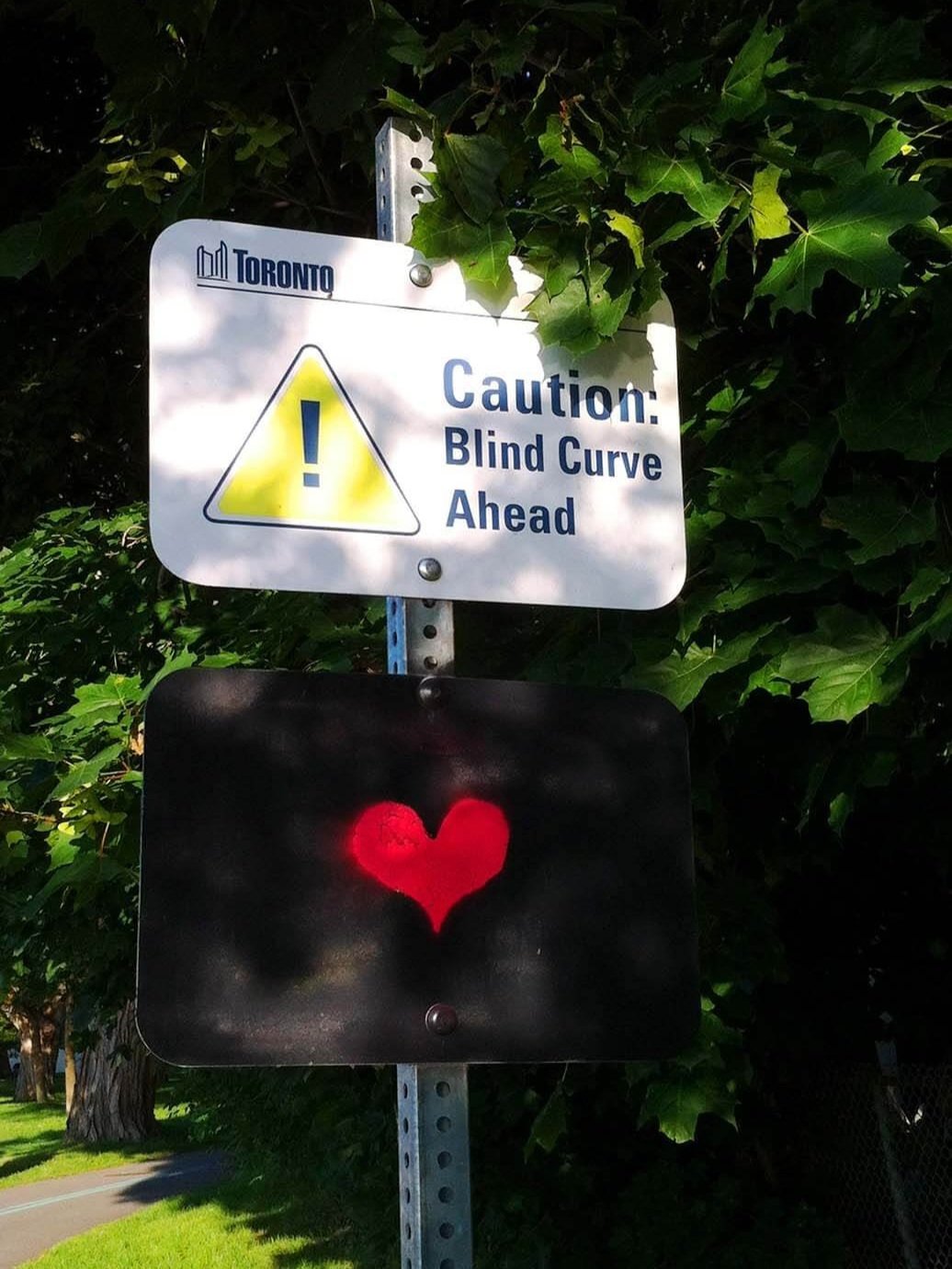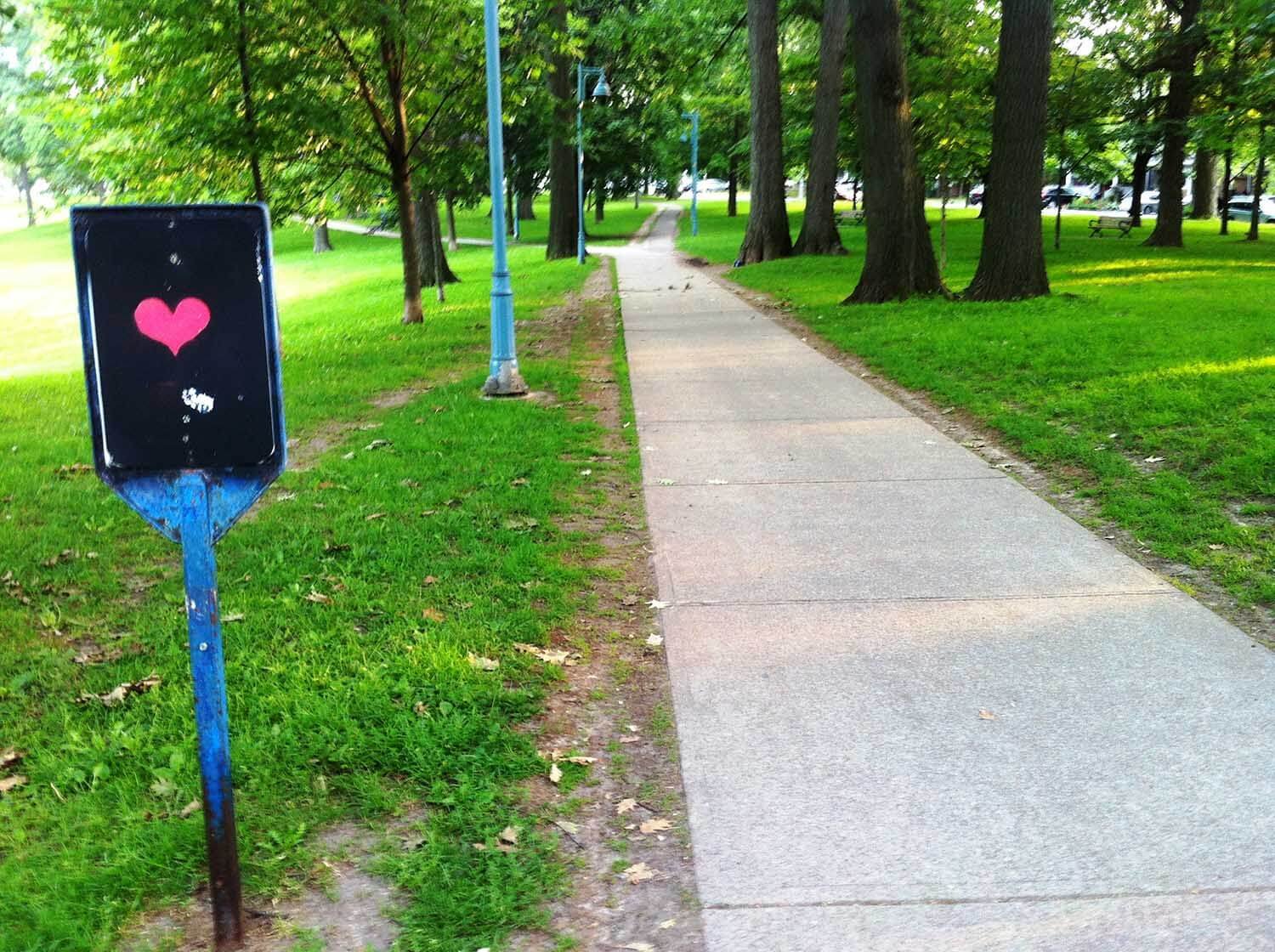Fresh Grief...and Hope
“Undo it, take it back,
make every day the previous one
until I am returned to the day
before the one that made you gone.
Or set me on an airplane travelling west,
crossing the date line again and again,
losing this day, then that,
until the day of loss still lies ahead,
and you are here instead of sorrow.”
- Nessa Rapoport, A Woman's Book of Grieving
Early grief feels unbearable. It’s painful, scary, and confusing. It’s like being parachuted into a foreign land with no map, no compass, no language facility, and no tools to navigate a relentlessly complex terrain. As bereaved people, we are charged with the monumental task of trying to figure out the “new normal” of our lives following the shattering death of a family member, friend, co-worker, client or other significant person in our lives. Many of us have felt that we wouldn’t survive our losses. But we have, and we continue to do so. Something that is immensely helpful is acknowledging the unpredictable rollercoaster experience that is Fresh Grief.
I’ll never forget the day I got the call that my friend Marla had been struck and killed by a tow truck in Yorkville. My response to the person on the phone went something like, “Why on earth would you tell me such a horrible thing! Why would you say that? Marla’s not dead!” – and then I slammed the phone
down. A short while later, a friend arrived at my door to find me furiously mopping the floors and I was just as ungracious with her as she too insisted on telling me this unbelievable piece of news.
Even when the death is expected or anticipated – like with my dear friend Wilf whom I helped to care for and watched slowly slip away over several months – it’s shocking when it finally happens. That late night call to come to Casey House Hospice was just as much of a shock to my system as the call about Marla. The whole taxi ride downtown to say goodbye, see his body, and be with his partner, friends & family, I kept shaking my head saying, “Wilf can’t be gone...I can’t live in a world where he doesn’t.”
Fresh grief. It’s so unimaginably painful that I think our bodies, hearts, minds and souls immediately respond by throwing up a blanket of “protective coping denial”. Depending on the loss – and all the factors that impact our unique, individual grief experiences – that blanket can hang around for days, weeks, months and longer. Even when the veil of shock/numbness/denial begins to dissipate, that blanket can make a return appearance any time along our journey when the pain is too much to bear.
That early time of grief – however long it lasts – may look something like this:
You wake up in the morning and for those first few, fuzzy, blissful moments of consciousness, you forget. And then it dawns on you – “Oh no, they really are gone”.
Moments of intense fear/panic.“I can’t do this! How am I going to do this? I can’t survive this”.
Deep lethargy, heaviness, lack of motivation – simply crawling out of bed and brushing your teeth is a huge, and some days, impossible task.
Confusion. Frustration. Anger. “Why? Why? Why?” relentlessly echoing in your mind. This can also be accompanied by desperate pleading, longing for this not to be so. “Please god, bring them back...please make this not be true...”
Sadness. Unbearable pain can be felt in our bodies as well as our hearts.
If you are experiencing loss for the first time – early grief can be terrifying. If you don’t know that everything you are thinking, feeling, and experiencing is perfectly natural (given this horrific event that has just occurred in your life) – you can feel like:
you are going crazy
you are going to collapse in a heap on the floor, never to get up
you are not going to survive
you will never feel joy or peace again
Our response to these thoughts and feelings are as unique as the grief itself. Some people can’t get out of bed...or can’t sleep at all. Some people throw themselves into work, a project or activity (“instrumental grievers” is the term associated with people who, in the immediate aftermath of a loss, create a memorial website, start a foundation, write a book, train for a marathon etc.)
Intuitive grievers on the other hand, tend to experience their grief most intensely on a feeling level. In those early days, many of us feel badly that we are so unable to participate in the world in any kind of “normal” and “acceptable” way (and fear that we will never be able to again). I remember after my mom died, walking down the street and feeling so surprised, shocked and angry that people were carrying on with their days as if nothing had happened. I just wanted to scream out – “Stop laughing! Stop acting so happy and normal! Don’t you know that life as I know it is over and I’m falling apart?”
As a result, our inclination may be to withdraw into ourselves, retreat from the world that is so out of sync with the current state we are in. I know how hard it is to resist that tendency to isolate and how vital it is to try and reach out to something, someone, anything that will keep us remotely connected to life.
If you are someone, like me, who is a multiple loss survivor, the good news is that we know we can survive this...because we have survived it before. (The bad news of course is that we also know just how bad it can get and how deep that “pit of grief” is that we must fall into, swim around in and then slowly crawl our way out of).
Whether this is your first significant loss or you are a seasoned loss survivor, fresh grief is one of the most daunting experiences that you will encounter in your life. Nothing can really prepare you for the swirling mass of chaos that losing someone you love throws you into.
But there is hope.
I believe that everyone carries within themselves the capacity to heal (if given the right information, tools and support). There is no recipe for healing – and please don’t ask me for a list of the “stages of grief” or the 10 steps to “getting over” grief, because none really exist. (And by the way, I never want to “get over” losing any of my loved ones! I simply want to find a way to keep living my connection to them - honouring the deep love we shared, the gifts given and received - in a way that makes sense and that finally lifts from my chest the thousand-pound weight that is sitting on my heart).
There is no set formula that “works” for everyone. But we do know that some things help in the overwhelming task of learning to live with your grief:
It helps to focus on simple things – like breathing in and out.
It helps to connect with people who understand what you’re going through.
It helps to find out information about grief, so you know that what is happening to you is a normal, natural response to your loss.
It helps to tell yourself over and over again that you are going to be okay. (and it helps to have friends who will remind you of that when you forget).
It helps to move – even a little bit. To walk. To stretch. To try and stay in your body.
It helps to eat healthfully – and to forgive yourself when all you can do is eat chocolate.
It helps to keep it simple (like one day at a time...and some days, one moment at a time).
It helps to connect with whatever gives you hope - your spiritual norms and routines like going to Shul, meditating, praying, speaking with a Minister or Imam or being in Nature.
It helps to honour the way in which grief wants to move through you. If you are a physical person, perhaps drumming or dancing or running or basketball is going to soothe you.
Sometimes it helps to just sit quietly and experience being exactly where you are in each moment, with no expectation or pressure, and trust that this moment will pass.
Because even though “grief sucks out loud” - (an expression that made me laugh when a dear friend was sitting with me while I was crying) - even though fresh grief feels entirely overwhelming and impossible to survive – you will.
Every day will be different. Every moment will bring a new challenge. But with the right support, information, space and time – you will live into this new reality. You will not be the same as you were before your loved one died. But I promise that it won’t always feel as awful as it does in this moment.








